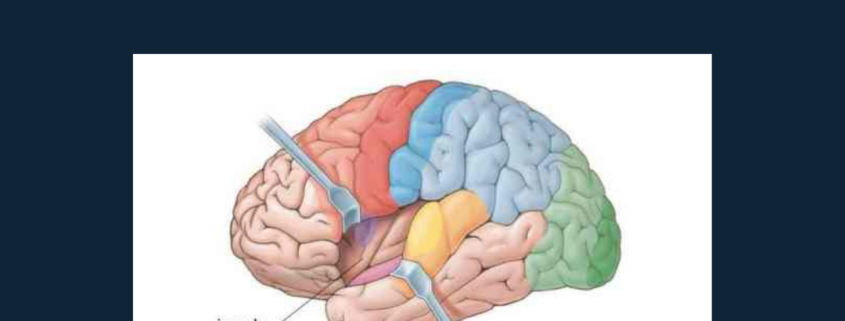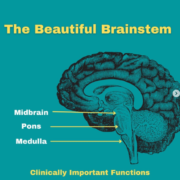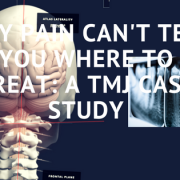Can Your Brain Program an Immune Response?

Late last year, a study was published that really brought surprising findings about how your brain can store and program an immune response.
For decades, it was thought that the Brain and the immune system operated independently from each other, but research in the past 20 years have put that idea to rest.
How the brain can regulate immune function has been largely unknown. Does it happen as a by product of neuro-endocrine regulation, or can higher neural centers in the cerebral cortex play a role?
Koren et al did a really interesting study published last year that showed an area of the brain called the insular cortex may actually store and trigger very specific immune responses.
Their team took mice and gave them either a lab induced form of colitis or peritonitis. Both conditions will cause abdominal pain and inflammation, but in very different ways. Colitis will cause inflammation within the digestive organs while peritonitis will cause inflammation outside of the organs.

The researchers showed that colitis and peritonitis produced unique signatures of activation on the area of the insular cortex in mice.
Using some advanced techniques, they were able to specifically turn on the same neurons that were activated during the colitis or peritonitis flares.
They found that turning on those pattern of neurons in the brain reproduced a similar immune response in the guts of the colitis or peritonitis model 🤯
This is remarkable because it suggests that the brain may keep a map of different immune patterns like it keeps a map of your body parts and the space around us.

The implications are interesting because what it opens the possibility that some inflammatory pain issues have a brain-based cause.
Something may start as an immune disorder like rheumatoid arthritis or spondyloarthritis, but plasticity may encode these responses in a way that it gets turned on without a trigger.
Could this be a bridge for how autoimmune disorders and plasticity become entangled creating chronic pain issues?













Leave a Reply
Want to join the discussion?Feel free to contribute!